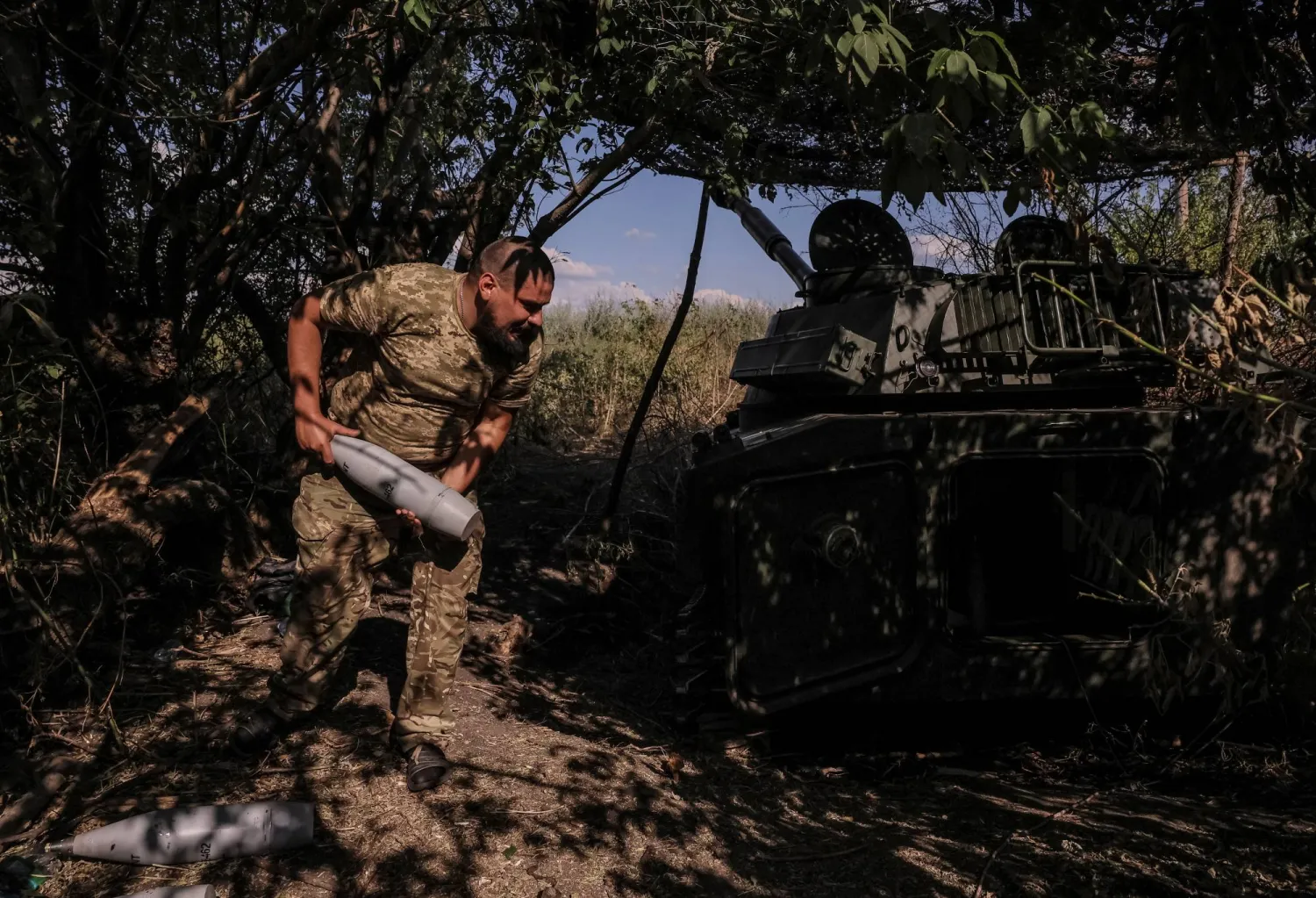Ukraine's border guards dismissed claims from Belarus that it was reinforcing troops on their mutual border, describing the reports as an information operation from Minsk with Moscow's support.
Belarus, a close Russian ally that has provided support for Moscow's 28-month full-scale war in Ukraine, said last week that Kyiv was bolstering its forces along the frontier. According to Reuters, the Kremlin said on Monday the report was a cause of concern.
"It is not the first time Belarus offers information about Ukraine presenting a threat and strengthening itself," border guard spokesman Andriy Demchenko told Ukrainian TV. "This is another part of the information operation conducted by Belarus with support by Russia."
He said the border remained a concern, and Ukraine was strengthening it with engineering while maintaining the necessary number of troops to prevent any provocations.
He also said that Belarus had been conducting military exercises since June 21, and that blaming Ukraine for friction at the border could be aligned with those drills.
On Sunday, the Belarus Defense Ministry claimed it had information showing Ukraine had been moving troops, weapons, and military equipment to the border, in particular in Zhytomyr region.
Minsk also said its own forces had deployed additional air defenses to protect the border area from drones, after claiming to have shot down a Ukrainian quadcopter earlier last week.
Ukraine Dismisses Reports on Bolstering Troops Near Belarus

A serviceman of 24th Mechanized Brigade of the Ukrainian Armed Forces loads a shell inside a 2S1 Gvozdika self-propelled howitzer during fire towards Russian troops on a front line, amid Russia's attack on Ukraine, near the town of Chasiv Yar in Donetsk region, Ukraine June 30, 2024. Oleg Petrasiuk/Press Service of the 24th King Danylo Separate Mechanized Brigade of the Ukrainian Armed Forces/Handout via REUTERS

Ukraine Dismisses Reports on Bolstering Troops Near Belarus

A serviceman of 24th Mechanized Brigade of the Ukrainian Armed Forces loads a shell inside a 2S1 Gvozdika self-propelled howitzer during fire towards Russian troops on a front line, amid Russia's attack on Ukraine, near the town of Chasiv Yar in Donetsk region, Ukraine June 30, 2024. Oleg Petrasiuk/Press Service of the 24th King Danylo Separate Mechanized Brigade of the Ukrainian Armed Forces/Handout via REUTERS
لم تشترك بعد
انشئ حساباً خاصاً بك لتحصل على أخبار مخصصة لك ولتتمتع بخاصية حفظ المقالات وتتلقى نشراتنا البريدية المتنوعة







